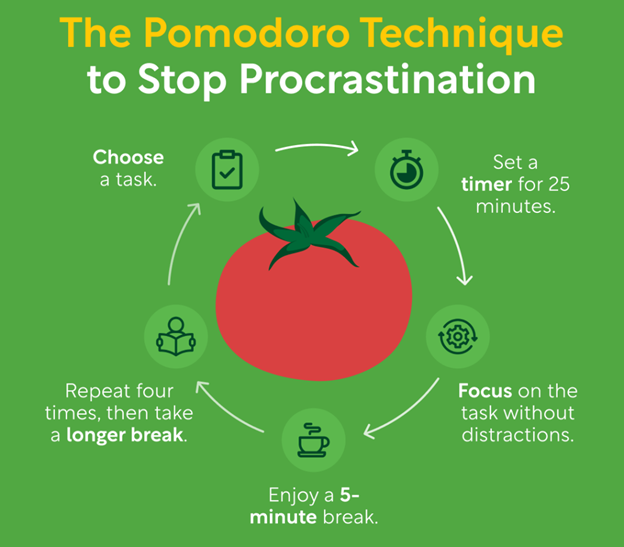Key Points at a Glance
A consistent and well-planned study routine leads to better focus, improved memory, and academic success.
Many students fail to reach their goals because they lack structure, clear priorities, or realistic timelines.
Creating a routine requires goal-setting, time-blocking, breaks, and regular review.
One of the biggest secrets to student success isn’t talent or intelligence — it’s consistency. And consistency begins with a solid study routine.
Whether you’re preparing for exams, trying to stay ahead in class, or just looking to improve your academic performance, building a productive study routine can transform the way you learn. It brings clarity, discipline, and reduces last-minute cramming.
Let’s walk through how you can build your own study routine from scratch — and stick to it.
Why Having a Study Routine Matters
A productive study routine doesn’t just help you complete homework on time — it shapes your overall learning experience.
Benefits of a Good Study Routine:
Reduces procrastination by turning study into a habit.
Improves retention through consistent revision.
Boosts confidence by preventing panic before tests.
Creates balance, making time for rest and hobbies.
Builds discipline — a trait that extends beyond academics.
Successful students are not necessarily the smartest, but often the most consistent. And routines are the foundation of consistency.
Common Mistakes Students Make When Planning Study Time
Before creating your study schedule, it’s helpful to know what to avoid. These common mistakes derail even the most well-intentioned students:
1. Overloading the schedule
Trying to study too many subjects or topics in one day often leads to burnout.
2. Ignoring breaks
Studying for hours without short breaks lowers concentration and reduces performance.
3. Being unrealistic
Planning to study five hours every night when you’ve never done two is not sustainable.
4. Lack of goals
Without specific targets for each session, it’s easy to feel like you’re working without progress.

Step-by-Step Guide to Building a Study Routine from Scratch
Step 1: Define Your Goals
Start with clarity. Do you want to improve in Math? Finish your reading list? Prepare for IB or Cambridge exams? Your study plan should reflect your academic goals.
Step 2: Know Your Priorities
Identify your most important and most challenging subjects. These should get more attention in your weekly plan.
Step 3: Create a Weekly Template
Break down your week into blocks. Assign specific subjects or tasks to time slots, making room for rest and extracurriculars.
Example:
Monday 5–6 PM: Science
Tuesday 4–5 PM: English essay writing
Wednesday 6–6:30 PM: Review flashcards
Step 4: Use the Pomodoro Technique

Study for 25 minutes, take a 5-minute break. After four sessions, take a longer 15–30-minute break. This boosts focus and prevents fatigue.
Step 5: Track and Reflect
Keep a study journal or checklist. Reflect weekly on what’s working and adjust your plan.
Tips to Stay Consistent and Motivated
Creating the plan is only half the battle — sticking to it is where success happens.
1. Start small
Begin with just 30–45 minutes a day and gradually increase.
2. Remove distractions
Turn off notifications, clear your workspace, and inform others you’re studying.
3. Reward yourself
After completing a session or goal, treat yourself — even a short break or favorite snack helps.
4. Stay flexible
Life happens. Missing a session is okay — the key is to bounce back.
How MICS Supports Students in Developing Study Habits
At Morgan International Community School (MICS), developing productive study routines is not left to chance. Through the school’s tailored academic programs, students are:
Encouraged to set weekly goals.
Supported by trained teachers who guide time management.
Exposed to structured revision periods before exams.
Given access to technology that aids personalized learning.
Whether following the IB or Cambridge curriculum, MICS ensures that students are equipped not only with academic knowledge but also with the skills to manage their time effectively and study independently.
Final Thoughts
Creating a productive study routine isn’t about doing more — it’s about doing what matters, consistently.
By understanding your goals, planning realistically, and using smart strategies like the Pomodoro Technique or spaced repetition, you’ll start to notice real progress in your academic journey.
